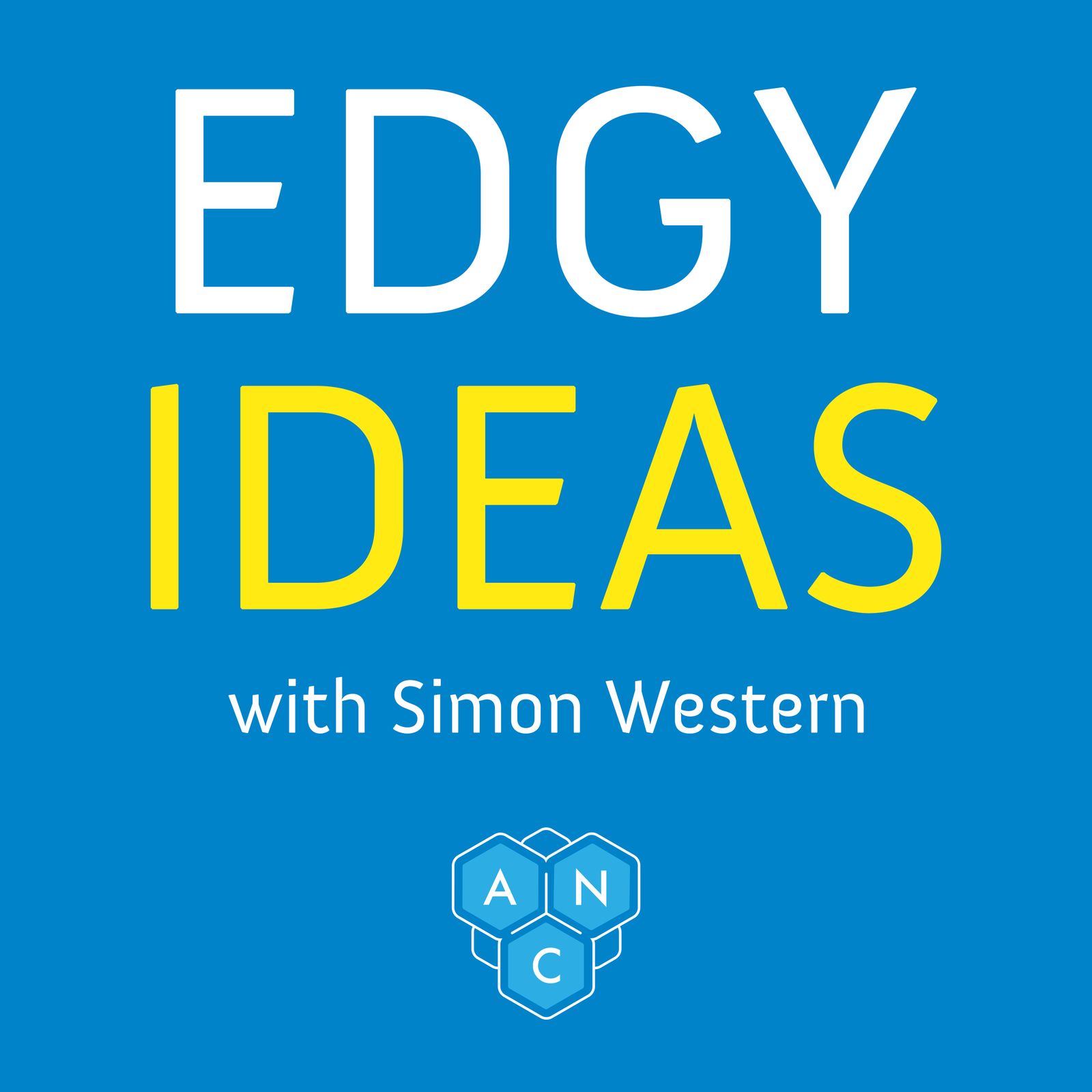Stanley Gold ‘Unthinkable Evil-Understanding Racism’
Description
Stanley Gold is concerned with racism, and in his recent book, ‘Unthinkable Evil-Understanding Racism’ he makes the claim that we talk about racism, but not about the cause of racism, because to do so is unthinkable. He takes this phrase from politicians who talk about the ‘unthinkable evil’ when confronted with a racist or terrorist incidents. Stanley shares his edgy idea that racism is caused by neuro-biological and infantile changes in brain structure. Simon challenges this idea as the sole cause of racism. He believes that whilst racism, authoritarianism, sexism, homophobia, and other forms of scapegoating can be linked to rigid forms of thinking, anxiety states and perhaps even neuro-biological wiring, it cannot be divorced from social causation. This social causation is the space which can be worked on to mitigate and reduce how anxieties and individual/collective troubled mindsets act out on the stage of life. Simon agrees with Stan that we all have the potential to be racist and authoritarian, and some more than others. Stan believes it is important to face this ‘unthinkable truth’, that racism is caused by infantile and neuro-biological factors. Simon claims our task is to work on the social areas – economic, social equity, education, institutional containment etc, that can reduce the potential of racism being manifested, and utilised by populist and nationalist politicians and other sub-groups. Stan thinks Simon avoids the unthinkable issue, Simon thinks Stan misses the important point that whatever the underlying cause of human behaviour, it is what happens in the social sphere that exacerbates, exploits, the worst of human behaviour or mitigates against it. They both agree that being able to talk openly about differences, and to think about the unthinkable is vitally important today when so many conversations are shut down or cancelled. Enjoy this lively discussion!
BIO
Stan Gold graduated in Medicine in Melbourne Australia and subsequently Guys Hospital London in Adult and Child Psychiatry where he became the inaugural Research Fellow. studying childhood Psychosis. Returning to Australia as research fellow to the inaugural department of Psychiatry , he was also consultant Psychiatrist at Prince Henry’s Hospital.. He subsequently trained in Psychoanalysis, becoming a training Analyst of the Australian Society and chair of the Centre for Psychodynamic studies Monash University. Returning to London and a position at the Cassell Hospital, he broadened his interests to groups and organisations and became a board member and later, President of ISPSO. More recently he has been appointed as member of the Mental Health Tribunal in his state. He has written over 40 papers ranging from clinical and research studies in childhood to Psychodynamic aspects of Organisational life. He has written two books, “How to Bring up your Parents” and last October, "Unthinkable Evil: Understanding Racism”.
More Episodes
Psychoanalysis and Humanising the Workplace
Gabriella Braun, a renowned consultant and author, delves into her fascinating journey, sharing her insights from her latest book, All that we are: Uncovering the Hidden Truths Behind Our Behaviour at Work. Gabriella discusses how psychoanalytic...
Published 09/26/24
Published 09/26/24
Kate Moger is the Global Director of Pledge for Change, an NGO representing a mutual commitment towards building a stronger aid ecosystem based on the principles of solidarity, humility, self-determination and equality. Kate shares her journey in the humanitarian sector and her vision for...
Published 07/16/24


